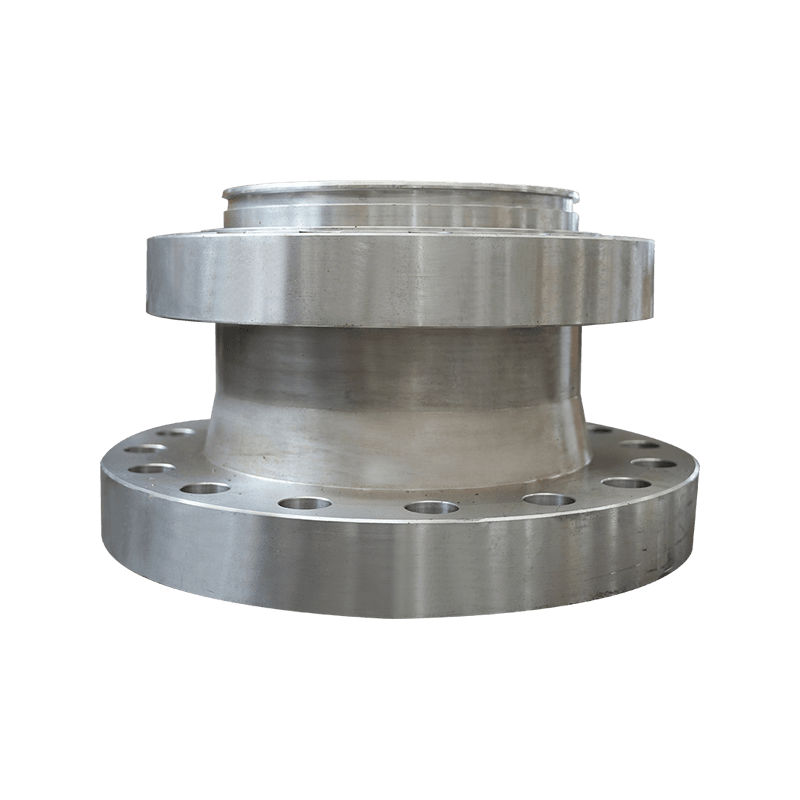Steel valve parts are key components in industrial production and fluid control systems, and are widely used in many industries such as oil, natural gas, chemical industry, and electric power. Steel has become one of the most commonly used materials in valve manufacturing due to its superior mechanical properties and corrosion resistance. Valves ensure the normal operation of the system by controlling the flow and pressure of the fluid, and steel valve parts play a vital role in this.
1. Main types of steel valve parts
Steel valve parts can be subdivided into multiple types, including valve body, valve cover, valve seat, valve stem, sealing ring and valve ball. Each part has its own function in the valve structure:
Valve body: The main pressure-bearing part of the valve, which bears the pressure of the fluid and is usually made of carbon steel, stainless steel or alloy steel.
Valve cover: Cooperates with the valve body to seal and protect internal parts, and the material is consistent with the valve body.
Valve seat: The key part of the seal, used to control the flow of the fluid, usually made of wear-resistant and corrosion-resistant materials.
Valve stem: Used to connect the valve actuator and the internal fluid control element to ensure the opening and closing operation of the valve.
Sealing ring and packing: used to prevent fluid leakage and ensure the air tightness of the valve.
Valve ball or valve disc: specifically used to cut off or regulate fluid flow.

2. Material selection of steel valve parts
The selection of steel is particularly important in valve design. Commonly used materials include carbon steel, stainless steel and alloy steel. Carbon steel has high strength and cost-effectiveness and is suitable for most normal temperature applications. Stainless steel is widely used in highly corrosive environments such as petrochemicals and food processing due to its superior corrosion resistance. Alloy steel has better high temperature and high pressure resistance by adding alloy elements such as chromium and nickel to steel, which is suitable for working scenes under extreme conditions.
3. Application fields of steel valve parts
The application range of steel valve parts is very wide. In the oil and gas industry, steel valves are used to control and regulate the flow in oil and gas pipelines to ensure safe and efficient transportation. In the chemical industry, steel valves are used to handle corrosive media such as acids and alkalis due to their excellent corrosion resistance. In addition, steel valves are also widely used in the power industry to control the flow in steam pipelines and cooling systems.
4. Future development trends
With the advancement of industrial automation and technology, steel valve parts are also being optimized. The rise of intelligent valve technology enables valves to be remotely controlled and automatically adjusted, greatly improving the efficiency of industrial production. At the same time, the application of new materials and surface treatment technologies, such as titanium alloys and ceramic coatings, further enhances the wear resistance and corrosion resistance of steel valve parts.

 English
English русский
русский
